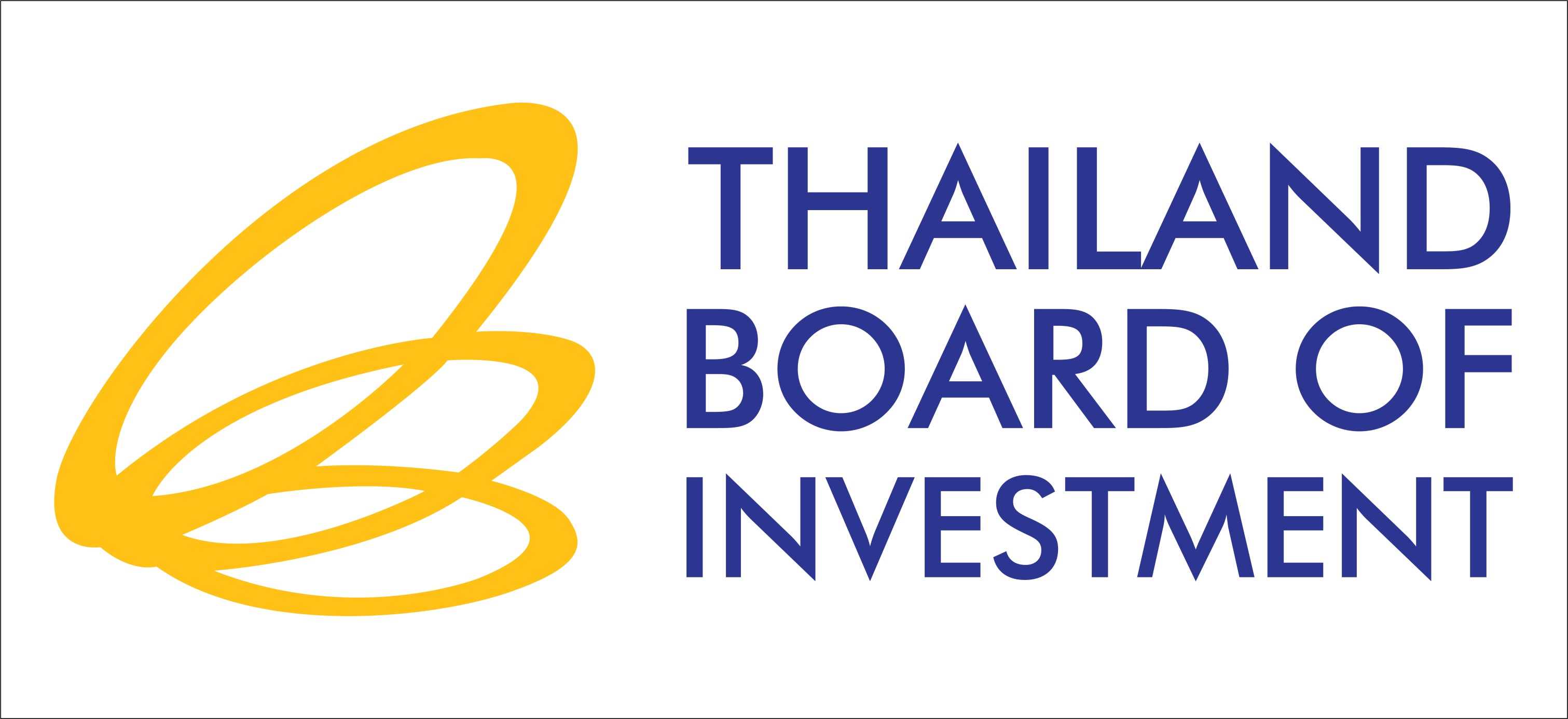SCB EIC kept its 2013 Thai GDP growth forecast at 3.9%
SCB EIC kept its 2013 Thai GDP growth forecast at 3.9%
Editorial Staff
SCB EIC kept its 2013 Thai GDP growth forecast at 3.9% given continued recovery in private consumption and tourism amidst subdued exports and high uncertainty in government formation.
SCB EIC forecasted a continued recovery in private consumption and tourism as well as services sector, despite subdued exports. The number of foreign tourists is still expected to be 30 million while revenue from foreign tourists is likely to reach 1.27 trillion baht thanks to foreign tourist spending which has now rose to the level close to 2019 average. This will support the continued recovery in labor market, especially employment in tourism-related services sector.
Meanwhile, Thai exports outlook remains subdued for the rest of this year and is considered a key downside risk to economic growth. SCB EIC revised down its forecast for Thai export value to 0.5% this year (from previously 1.2%) given subdued global demand, weaker-than-expected demand from the Chinese market, and an increased downside risk to the global economy.

Moreover, in the baseline scenario, the Thai economy will likely face a mild to severe El Nino in the second half of this year. This is expected to cause damages to the agricultural sector by approximately 40 billion baht, which most of damages will occur next year. Headline inflation is projected to grow at a slow pace of 2.1% in line with lower domestic energy prices.
SCB EIC revised down its 2023 global GDP growth forecast to 2.1% (from previously 2.3%). This is due to weaker-than-expected economic outturns at the beginning of the second quarter, a highly divergent recovery between manufacturing and services sectors, and greater downside risks to the global economy during the remainder of this year.
The Thai economy following the election remains highly uncertain due to the new government formation and its policies. SCB EIC, in the baseline scenario, expects the new government to be in place by August.
However, there is a possibility that the new government formation could be delayed until late October, which will affect budget disbursement for FY2024.
Moreover, implementation of key election campaigning policies will be key factors shaping the Thai economy going forward. In the baseline scenario, SCB EIC expects that the key policies of the leading parties in forming the next government will benefit consumption-related businesses including small businesses.
Meanwhile, some businesses could be affected by the minimum wage increase policy and monopoly-related policy. Public debt is expected to rise in all scenarios
of new government formation following implementation of campaigning policies, in addition to existing pressures from aging-related expenditures. This reflects the need for fiscal reform to promote fiscal sustainability.
SCB EIC expects the Thai policy rate to be gradually increased to terminal rate of 2.5% in Q3. This is because the Thai economy is likely to continue expanding, while inflation has already resided within the target range despite upside risk from cost passthrough and demand-pull pressures.
15 June 2023
Viewed 229 time
 EN
EN 




